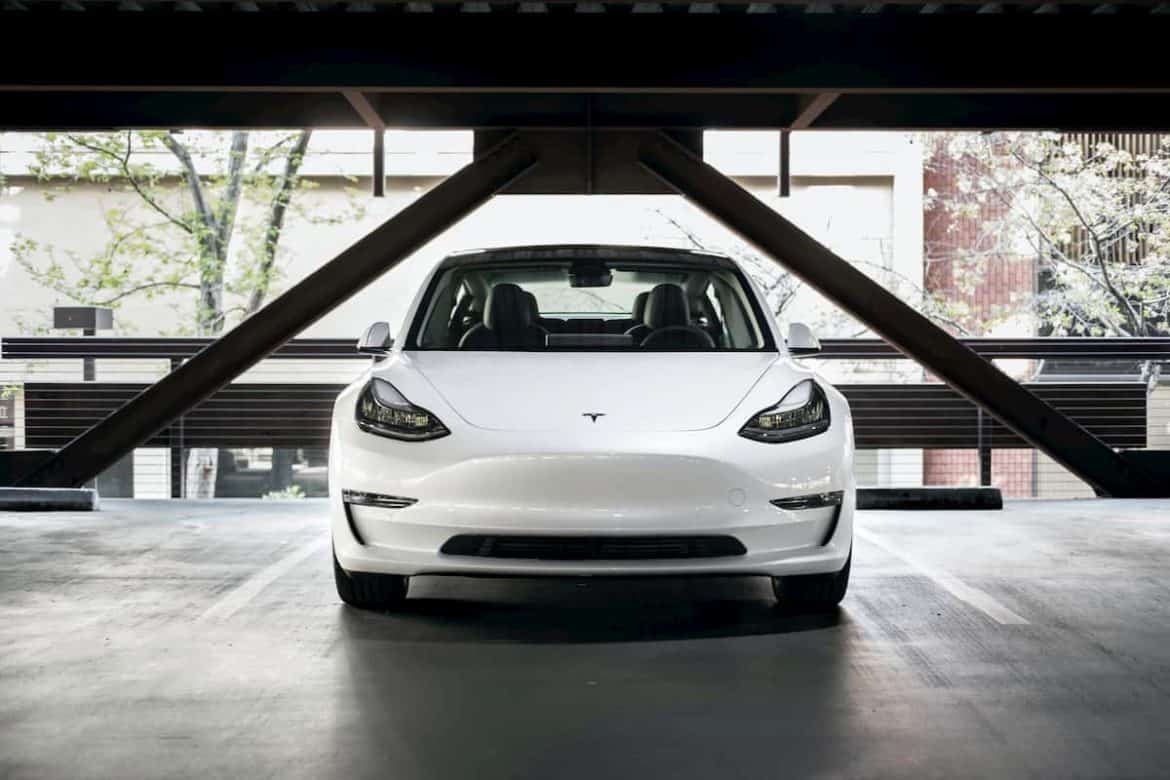
Tesla accounts for over 80% of electric vehicles sold in the US in H1 2020
The United States remains one of the leading markets for electric vehicles across the globe. Different players are making attempts to establish a strong market presence but Tesla appears to be winning the race.
Data presented by Buy Shares indicates that Tesla unsurprisingly accounted for 81.66% of all-electric vehicles sold in the United States as of the first half of 2020. During the period, a total of 87,398 electric vehicles were sold in the US with Tesla accounting for 71,375. The company’s popular Tesla Model 3 was the highest-selling with 38,314 units.
Ten popular models from different manufacturers were sold with Tesla accounting for four models. The models are also from traditional vehicle manufacturers. Among the analyzed companies, Germany based car manufacturer BMW had the least unit sales with 251 vehicles of the BMW i3 model.
The Buy Shares research also overviewed the most valuable carmakers by market capitalization as of August 19, 2020. From the data, Tesla dwarf’s other manufacturers with a market cap of $350.08 billion.
Japanese carmaker Toyota market is almost half of Tesla’s size at $189.29 to lie in the second spot. America’s General Motors had the least market cap at $41.69 billion among the surveyed companies.
Why is Tesla popular?
Tesla’s large market cap spells good fortune for the company. In general, market capitalization corresponds to a company’s stage in its business development. With a large-cap, investments in the Tesla stock are considered more conservative and potentially posing less risk in exchange for less aggressive growth potential. Additionally, Tesla investors are guaranteed the potential for steady dividend payments.
Tesla’s car models are popular as they have revolutionalized the electric vehicle industry. Before the Model S, all-electric vehicles had several shortcomings like poor design, heavy and longer charging hours. Unlike competitors, Tesla models are among the safest electric cars on the road currently. The Models are also fast, a factor that has proved crucial for the success of Tesla cars. Meanwhile, the company’s Model 3 has become the best-selling vehicle in other regions like China, which is also the world’s largest auto market.
Notably, the Tesla car models have contributed to its high market capitalization compared to competitors. Tesla’s business model in recent years has been impressive to investors. The company has transformed from regularly missing delivery targets and production milestones to overdelivering on different fronts. The surge in the market capitalization comes at a time when Tesla reiterated pre-COVID guidance for half-million deliveries in 2020, despite factory shutdowns in both the U.S. and China.
In the event the car manufacturer achieves the milestone, its deliveries will be up hence boosting confidence among investors. Like other industries, the United States electric car market was hit hard by the coronavirus pandemic and economic shutdown. Some companies like Tesla appear to be weathering the storm and posting positive results.
The United States electric vehicle market outlook
At the same time, Tesla’s revolutionary electric vehicle models have seen competitors up their game by coming up with new products meant to rival Tesla in the United States. From our research, the Chevy Bolt is the only model that appears to cause a disruption for Tesla’s market dominance. The model outsold the popular Tesla Model S. This is an indicator that Tesla’s market dominance might not last. To maintain its position, Tesla will need to remain innovative in the future.
Several factors are expected to drive growth within the United States electric vehicle industry. For example with stringent restrictions on automotive emissions, the market size is projected to expand. As part of long-term climate commitments, car manufacturers are accelerating their investments in electrification and meeting short-term policy requirements. This commitment has seen traditional automakers unveil their plans to establish electric vehicles. Additionally, the wide product range has attracted many consumers and led to a growing electric vehicle market
However, factors such as high manufacturing cost and low fuel economy and serviceability might hamper the growth of the electric vehicle market. To tackle these projected challenges, manufacturers are relying on factors such as technological advancements and proactive government initiatives to supplement the growth of the electric vehicle market in the United States.







